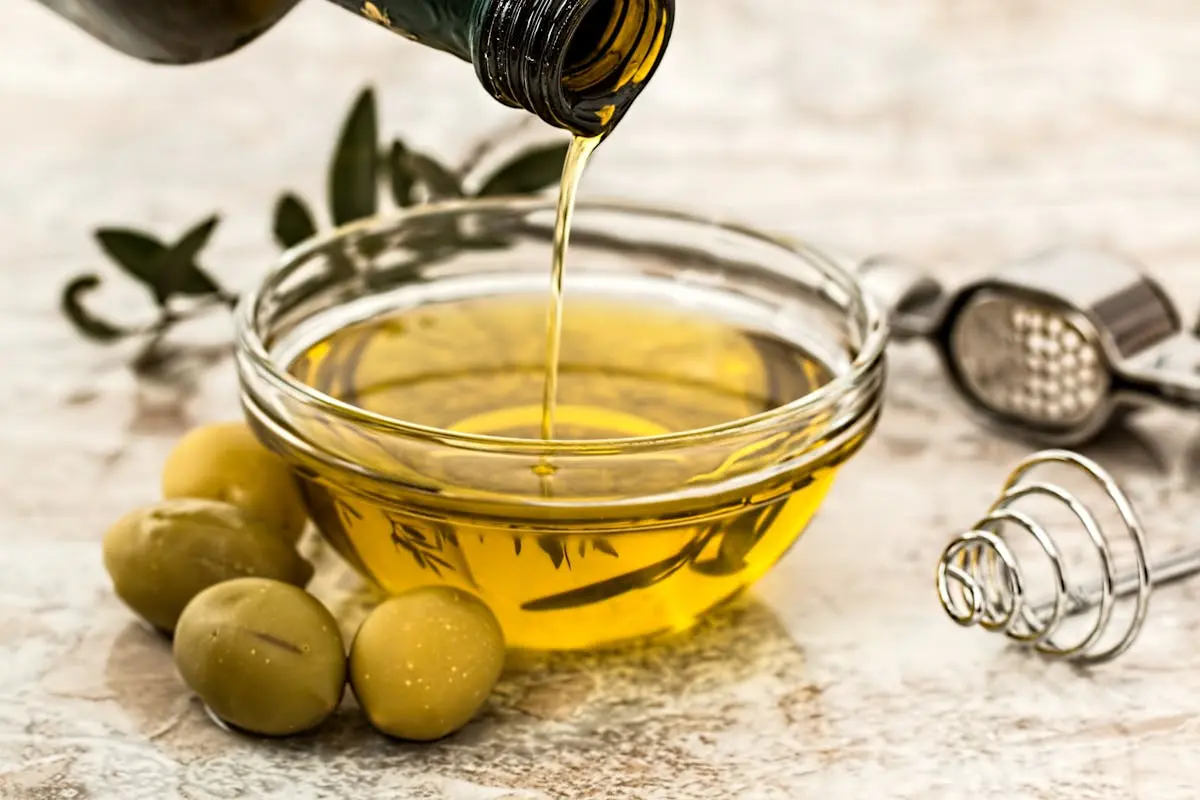Does The Expiration Date Of Olive Oil Affect Its Quality?
Understanding the expiration date of olive oil is crucial for maintaining its freshness and quality. In this blog, we’ll explore how the expiration date can impact the taste and health benefits of olive oil, as well as tips for ensuring you get the best out of your bottle.
Understanding Olive Oil Expiration Dates
>Learn what an expiration date means for olive oil and why it's important.
The expiration date on your olive oil bottle is more than just a suggestion; it reflects the period during which the oil is expected to maintain its optimal quality. After this date, the oil can become rancid, losing both its flavor and nutritional benefits.
It's important to understand that olive oil doesn’t necessarily spoil like other food products. Rather, it undergoes a gradual decline in quality, which can affect both taste and health benefits, making it essential to pay attention to the date.
In Europe, olive oil is often marked with a 'best by' date, indicating peak freshness. In contrast, some regions may offer a 'harvest date' which gives you insights into when the olives were processed, providing a timeline for freshness.
Factors Affecting Olive Oil Quality
>Discover how factors like light, heat, and air exposure affect olive oil's quality.
The primary enemies of olive oil are light, heat, and air. Exposure to these elements can break down the oil, resulting in unpleasant flavors and diminished health benefits. Dark glass bottles are your best friends here!
Did you know that even a slight increase in temperature can alter the oil's composition? Storing olive oil in warm areas, like near the stove, can lead to quicker deterioration. Look for a cool, dark place to maximize its lifespan.
Additionally, tightly sealing your oil after each use can minimize contact with air, further preserving its quality. Opt for smaller bottles if you don’t use olive oil frequently, allowing you to finish it before it degrades.
How to Check Olive Oil Freshness
>Find out practical ways to assess the freshness of olive oil before using it.
To determine the freshness of your olive oil, beginning with the smell is crucial. Fresh olive oil should bring to mind grassy or fruity aromas. If it smells stale or rancid, it’s likely past its prime.
Next, the taste test can be revealing. A robust, peppery flavor often indicates freshness, while a flat or off taste could be a sign it’s time to discard it. Don't be afraid to experiment!
Finally, check for any unusual sediment or cloudiness, which can indicate spoilage. Quality oils usually have a clear appearance, so any significant deviations might warrant a closer look.
Tips for Storing Olive Oil
>Get the best advice on how to store olive oil to prolong its shelf life.
The way you store your olive oil can significantly impact its longevity. Always keep it in a cool, dark place away from direct sunlight and heat sources. A pantry or cupboard is usually ideal.
For even better protection, consider using a container that minimizes air exposure. Smaller bottles can also be beneficial; open a new bottle only when you're close to finishing the current one, limiting air exposure.
Also, avoid pouring directly from the bottle you store it in. Instead, transfer a small amount into a pourable container for daily use. This limits the number of times the main bottle is opened, thus reducing oxidation.
Using Expired Olive Oil Safely
Learn when it's okay to use olive oil past its expiration date and how to determine if it's still good.
Using olive oil after its expiration date is not always a hard no. If the oil smells and tastes fine, it's often safe to use in cooking or dressing. However, always trust your senses before proceeding.
If you’ve kept the oil well-stored in dark, cool conditions, it might retain its quality even past the date printed on the label. For items like marinades and baking, even slightly older oil can still be good.
Ultimately, proper storage and attentive sensory checks can help you use your olive oil safely, ensuring you enjoy its unique flavors without waste.
Final Thoughts
In summary, while the expiration date of olive oil is important, it’s also essential to consider other factors such as storage conditions and the oil's characteristics. By following the tips provided, you can enjoy the full flavor and benefits of this wonderful oil even after its printed date.

